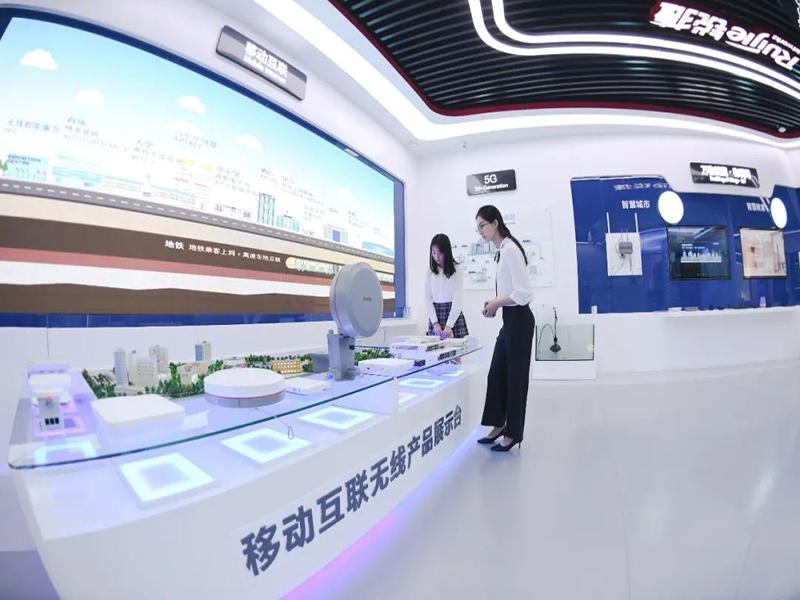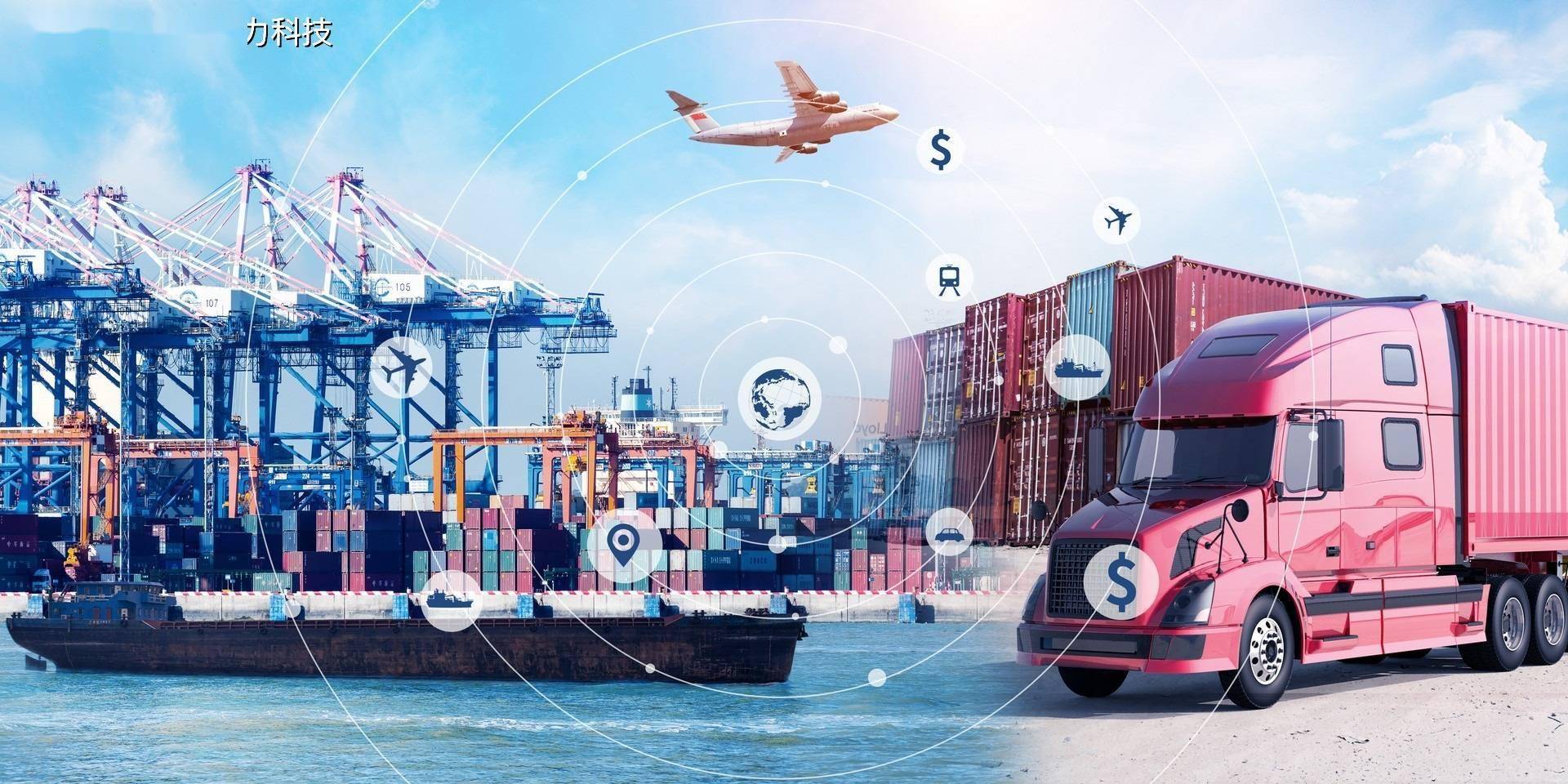With the rapid development of digital technology, digital economy has profoundly changed people's lifestyle and economic development mode. At present, global trade growth is under pressure, but digital trade is booming and growing, becoming a new bright spot in international trade. Digital trade is becoming a new trend in international trade development and a new engine for future trade growth.
Digital trade globalization accelerates
Cool-looking robots brandished robotic arms to play chess with the audience, and automatic inspection robots of power stations and factories wore on the stage; The AI digital twin live broadcast technology that realizes "reproduction" in a few minutes is amazing; Large model cutting-edge technologies in education, medical, urban, office, automotive and other fields were unveiled at the booth... The second Global Digital Trade Expo (hereinafter referred to as "Digital Trade Fair"), which recently concluded in Hangzhou, Zhejiang Province, is an innovative feast for digital trade. 1,018 enterprises from 25 countries and regions participated offline, and 367 enterprises participated online through the cloud platform. 100 "debuts", "debuts" and "debuts"; More than 100 executives of multinational companies and more than 500 experts and scholars from home and abroad gathered at the forum to discuss the development trend and cooperation path of global digital trade.
The grand event of the Digital Trade Fair confirms the fact that it has become a consensus to promote the development of digital trade and join hands to build digital trade into a new engine for common development.
Digital economy has become a global development hotspot. As an important part of the digital economy, digital trade has also become an important area of international economic and trade cooperation. Digital trade refers to the international transaction of goods or services by means of digital ordering or digital delivery over a computer network. The products traded include goods and services. The transaction method (type) is carried out through the digital intermediary platform, which is mainly ordered and delivered by digital means.
Wang Shouwen, international trade negotiator and Vice Minister of the Ministry of Commerce, pointed out that digital trade can be simply divided into two parts: one is the trade mode characterized by digital delivery, and the trade object is data; The second is the trade method characterized by digital ordering, such as cross-border e-commerce transactions are goods, but through digital ordering to achieve.
"Digital trade is an important force for China to restructure factor resources, optimize the structure of foreign trade, and comprehensively shape new advantages for development, and the prospects are very broad." Vigorously developing digital trade is of great significance to promoting the building of a new system of an open economy at a higher level and accelerating the building of a strong trading country." Wang Shouwen said.
Digital trade is becoming a new trend in the development of international trade and a new growth point for future development. China's digital trade development has a unique advantage, with massive data resources and rich trade digital application scenarios. According to reports, the development of China's digital trade has achieved relatively good results, the overall scale continues to expand, the industrial foundation continues to consolidate, the rapid development of digital technology, and the application scenarios are increasingly rich. China's cross-border e-commerce trading partners have covered the world, and it is one of the most complete countries in the global cross-border e-commerce ecological chain.
According to the Global Innovation Index released by the World Intellectual Property Organization (WIPO), China's innovation capability ranked 11th in the world last year. China ranks first in the world in the number of invention patents granted in the fields of artificial intelligence, Internet of Things, and quantum information. With the continuous integration of China's digital technology and the real economy, in the field of consumption, new consumer formats and application scenarios such as online games, online education, and telemedicine continue to emerge, stimulating the development potential of digital trade. Last year, the overseas sales revenue of China's self-developed online games reached 17.35 billion US dollars, and 16,000 online literary works were exported to more than 150 million overseas readers. In the field of production, cloud exhibitions, remote working and other methods are widely used, and new production models such as cloud outsourcing and platform subcontracting are constantly developing, and a "cloud economy" ecology is gradually taking shape.













